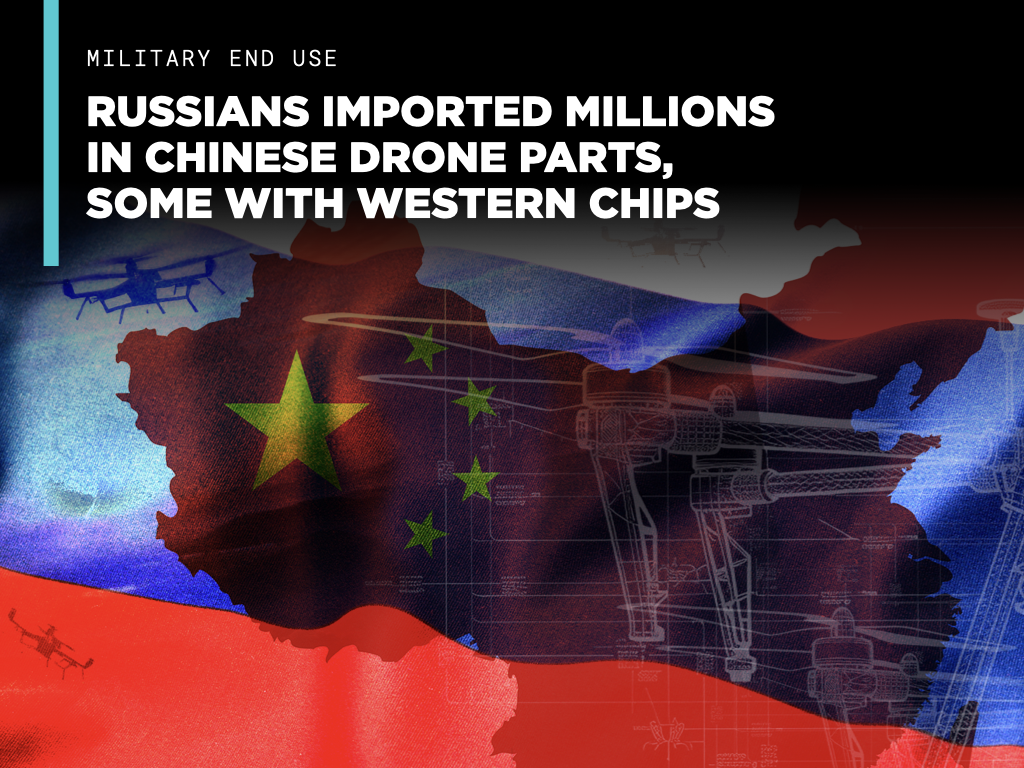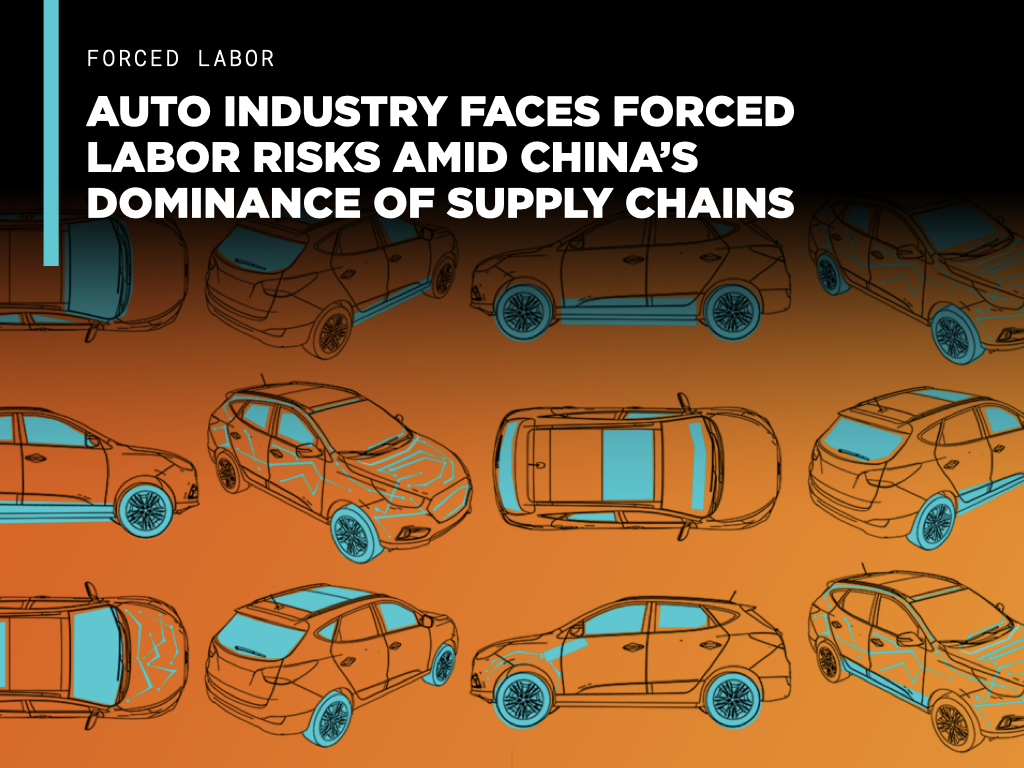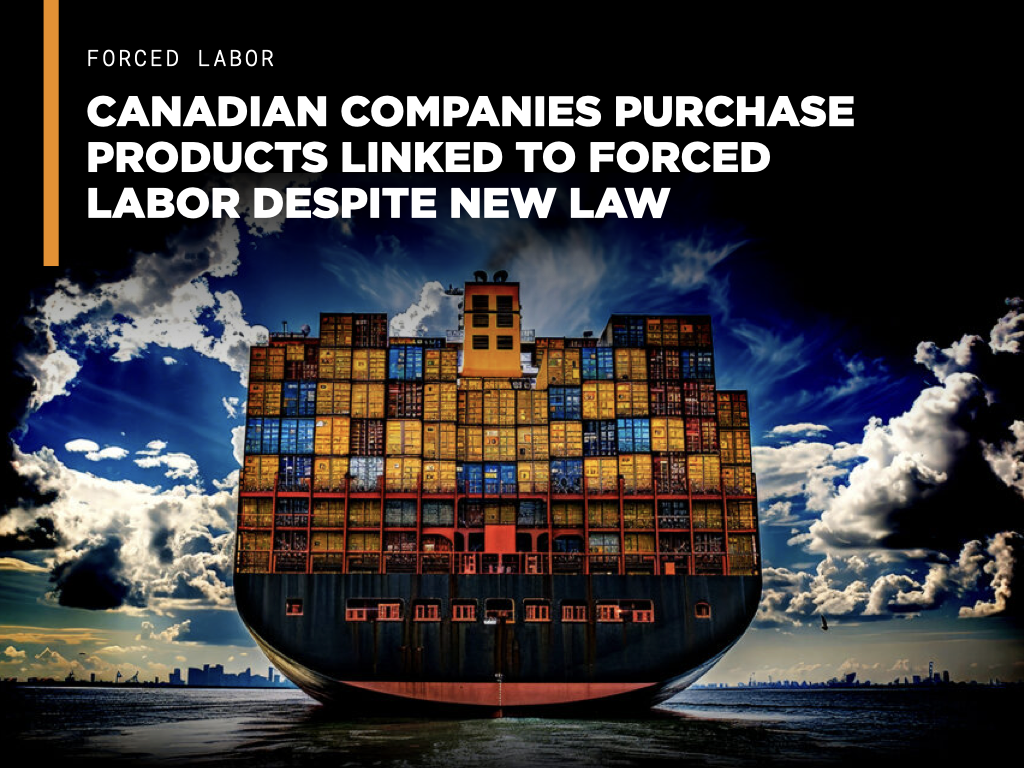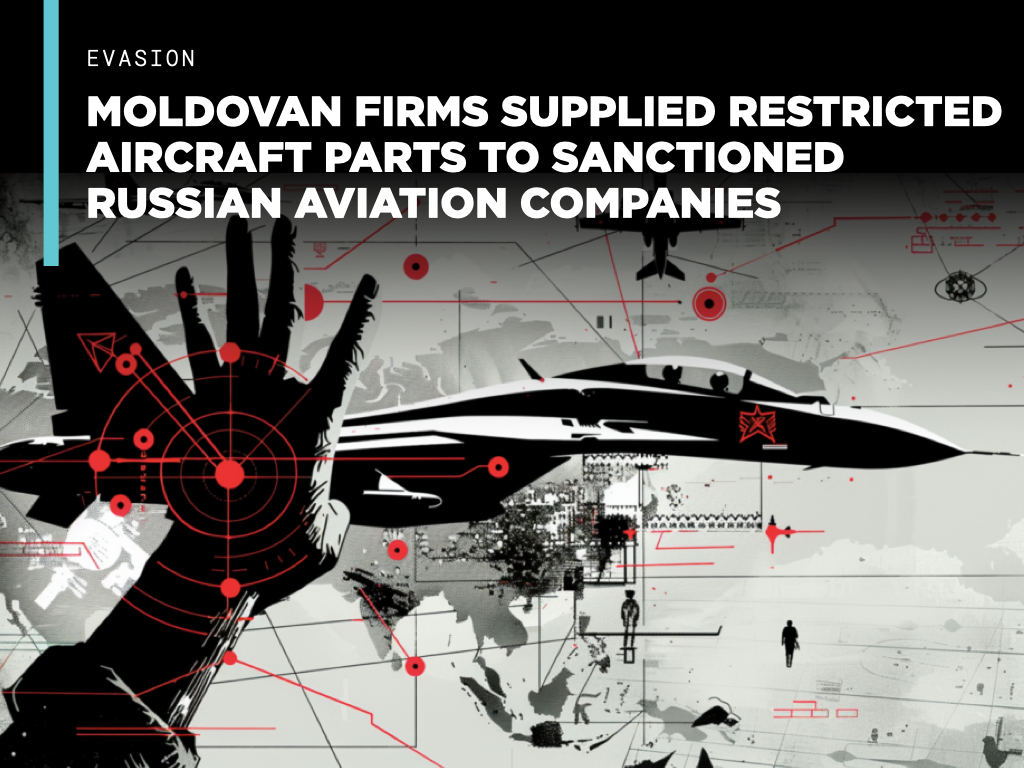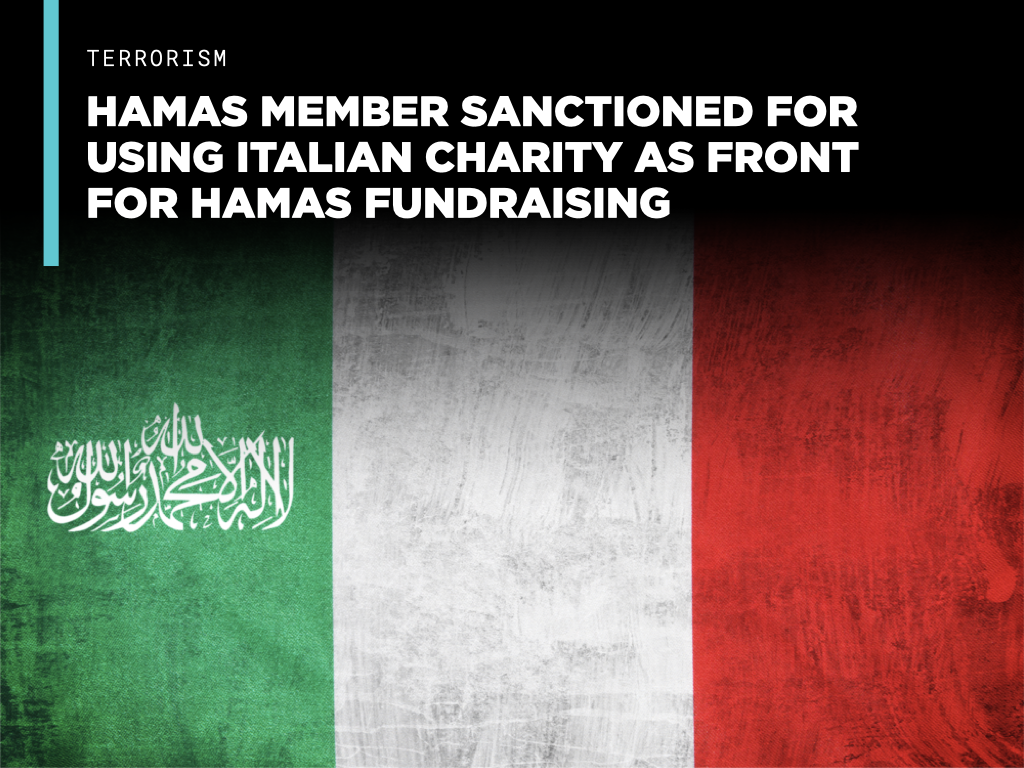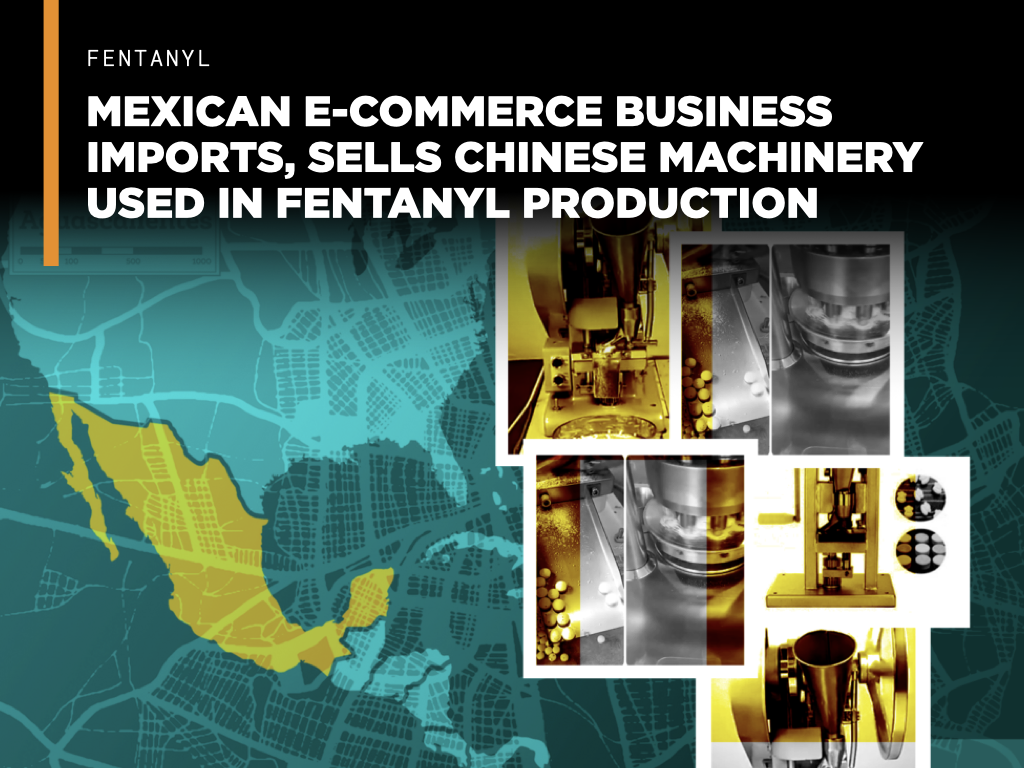As 2024 draws to a close, we reflect on our reporting on some of the most pressing global issues. Kharon has focused on uncovering hidden networks and practices that stretch across borders, with far-reaching implications for security, human rights, and international trade.
From forced labor in supply chains to the ongoing evasion of sanctions, our stories highlight the complex ways in which bad actors continue to exploit global systems.
Several of our key investigations have explored how countries and companies circumvent international restrictions. We uncovered how Russian companies continued to source critical items, like Chinese drone components and CNC tool parts, despite Western sanctions aimed at limiting their military capabilities. Other stories examined how firms supplied restricted aircraft parts to Russian aviation companies, and how Russian railways relied on foreign businesses to evade sanctions. These investigations highlight the constant challenge of monitoring and enforcing sanctions in a globalized economy.
Equally significant were our reports on the links between commerce and global threats, from forced labor to terrorism. We examined how Chinese machinery may be linked to fentanyl production in Mexico, the continued risks of forced labor in industries like automotive parts manufacturing, and how some Canadian companies continue to buy products tied to Chinese forced labor despite new laws.
Our investigation into how charities linked to Hamas have used obscure platforms to fundraise also underscored the ongoing challenges in tackling terrorist financing.
Dive into our year-end collection of staff picks to explore these compelling investigations and gain a deeper understanding of the complex issues shaping our world today.
From forced labor in supply chains to the ongoing evasion of sanctions, our stories highlight the complex ways in which bad actors continue to exploit global systems.
Several of our key investigations have explored how countries and companies circumvent international restrictions. We uncovered how Russian companies continued to source critical items, like Chinese drone components and CNC tool parts, despite Western sanctions aimed at limiting their military capabilities. Other stories examined how firms supplied restricted aircraft parts to Russian aviation companies, and how Russian railways relied on foreign businesses to evade sanctions. These investigations highlight the constant challenge of monitoring and enforcing sanctions in a globalized economy.
Equally significant were our reports on the links between commerce and global threats, from forced labor to terrorism. We examined how Chinese machinery may be linked to fentanyl production in Mexico, the continued risks of forced labor in industries like automotive parts manufacturing, and how some Canadian companies continue to buy products tied to Chinese forced labor despite new laws.
Our investigation into how charities linked to Hamas have used obscure platforms to fundraise also underscored the ongoing challenges in tackling terrorist financing.
Dive into our year-end collection of staff picks to explore these compelling investigations and gain a deeper understanding of the complex issues shaping our world today.




